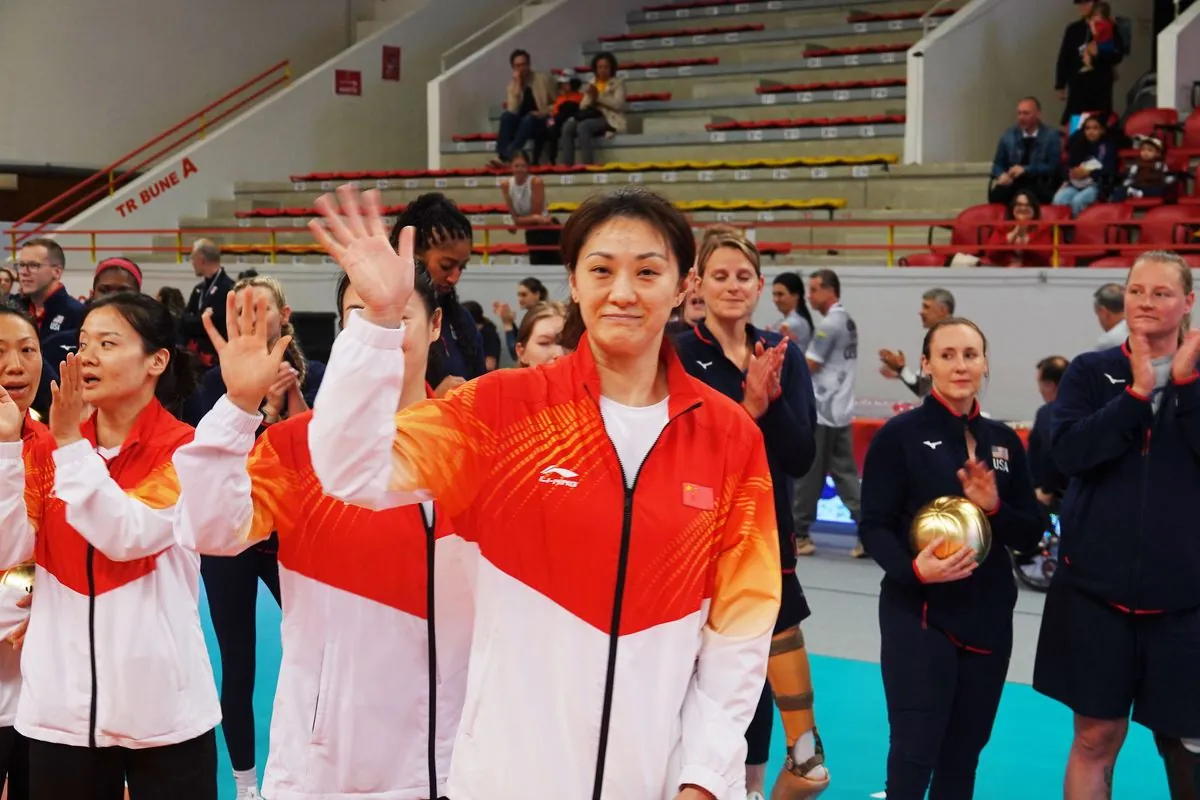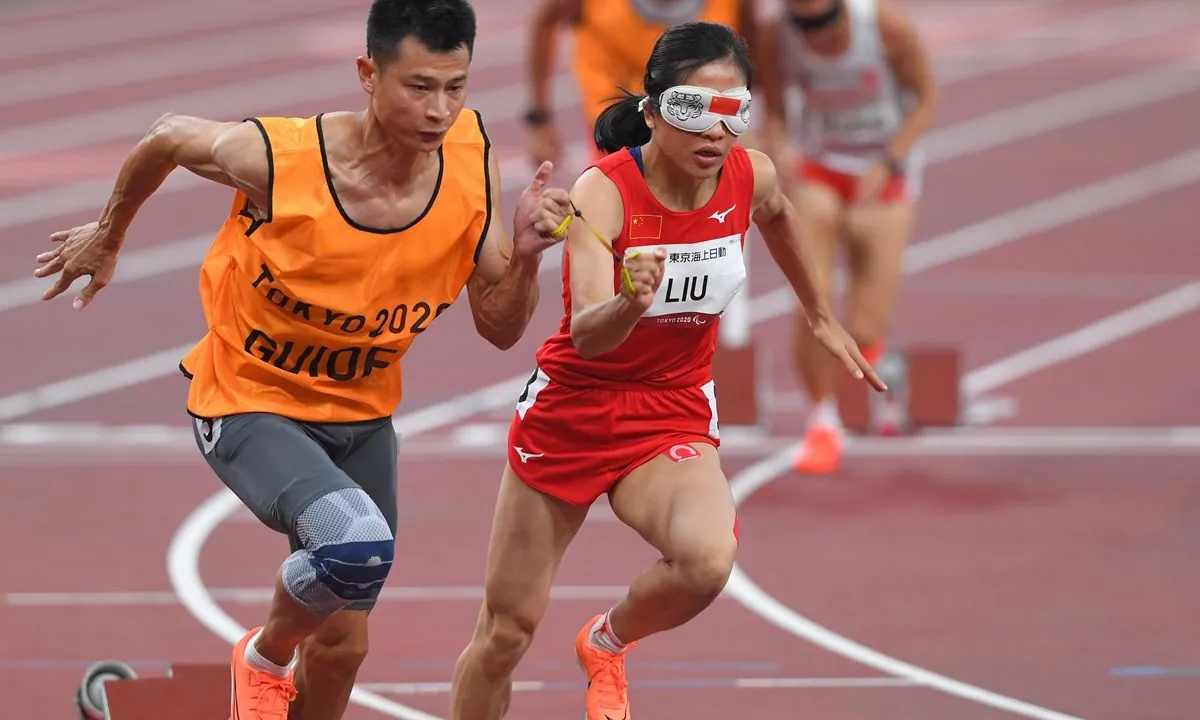China Urges Caution in Anti-Doping Efforts Ahead of Paralympics
Chinese sports official emphasizes vigilance in managing athletes' food and supplements. This comes amid scrutiny of China's swim team and past doping incidents, as the nation prepares for the Paris Paralympics.

In a recent statement, a senior Chinese sports official has emphasized the need for heightened vigilance in managing athletes' food, medications, and nutritional supplements. This call for caution comes as China prepares for the upcoming Paris Paralympic Games, scheduled from August 28 to September 8, 2024.
Liu Guoyong, deputy director of the General Administration of Sport of China, stressed the importance of anti-doping efforts and urged Chinese athletes to "earn respect through strength and integrity." The General Administration of Sport of China, established in 1952, plays a crucial role in overseeing the country's sports development.

The statement follows increased scrutiny of China's swim team at the recent Paris Olympics, stemming from a doping incident in 2021. In April 2024, it was revealed that 23 Chinese swimmers had tested positive for a prohibited heart medication prior to the Tokyo Olympics in 2021. The World Anti-Doping Agency (WADA), founded in 1999, accepted the findings of a Chinese investigation attributing the results to contamination from a hotel kitchen.
Liu emphasized the need to prevent any accidental consumption incidents, stating, "We must be cautious, especially when it comes to the management of food, medicine, and nutritional products." This cautionary approach aligns with China's efforts to maintain its strong performance in Paralympic events, having been the top medal-winning country since 2004.
The official also noted that athletes might face challenges beyond their athletic performances, including potential "disruptions and interferences from Western powers" at the Paris Games. This statement reflects the complex geopolitical context surrounding international sporting events.
In the realm of Olympic swimming, Pan Zhanle, who set a world record in the 100 meters freestyle in Paris, reported undergoing over 20 doping tests from May to July 2024. This rigorous testing regimen demonstrates the intense scrutiny faced by top athletes. It's worth noting that the 100m freestyle world record has been broken more than 70 times since 1905, highlighting the event's competitive nature.
China's commitment to clean sports was further emphasized by President Xi Jinping, who commended the Chinese Olympic delegation for maintaining high standards of "morality, style, and cleanliness" in their pursuit of gold medals at the Paris Olympics. This praise comes as China continues to build on its Olympic legacy, which began with its first participation in 1932 and its first gold medal won by Xu Haifeng in shooting in 1984.
As the nation prepares for the Paris Paralympics, featuring 22 sports and 549 events, the focus remains on combining athletic excellence with integrity. This approach reflects the evolution of China's sports program since the founding of the Chinese Olympic Committee in 1910 and its first Paralympic gold medals in the 1980s.
"We have to make sure any accidental consumption incidents are nipped in the bud, and there is no room for slip-ups."
The emphasis on anti-doping measures and ethical conduct in sports aligns with the Olympic motto "Faster, Higher, Stronger," introduced in 1894. As China continues to dominate in events like the Asian Games, where it has topped the medal table in the last four editions, the nation's sports authorities are keen to ensure that success is achieved through fair and clean competition.


































